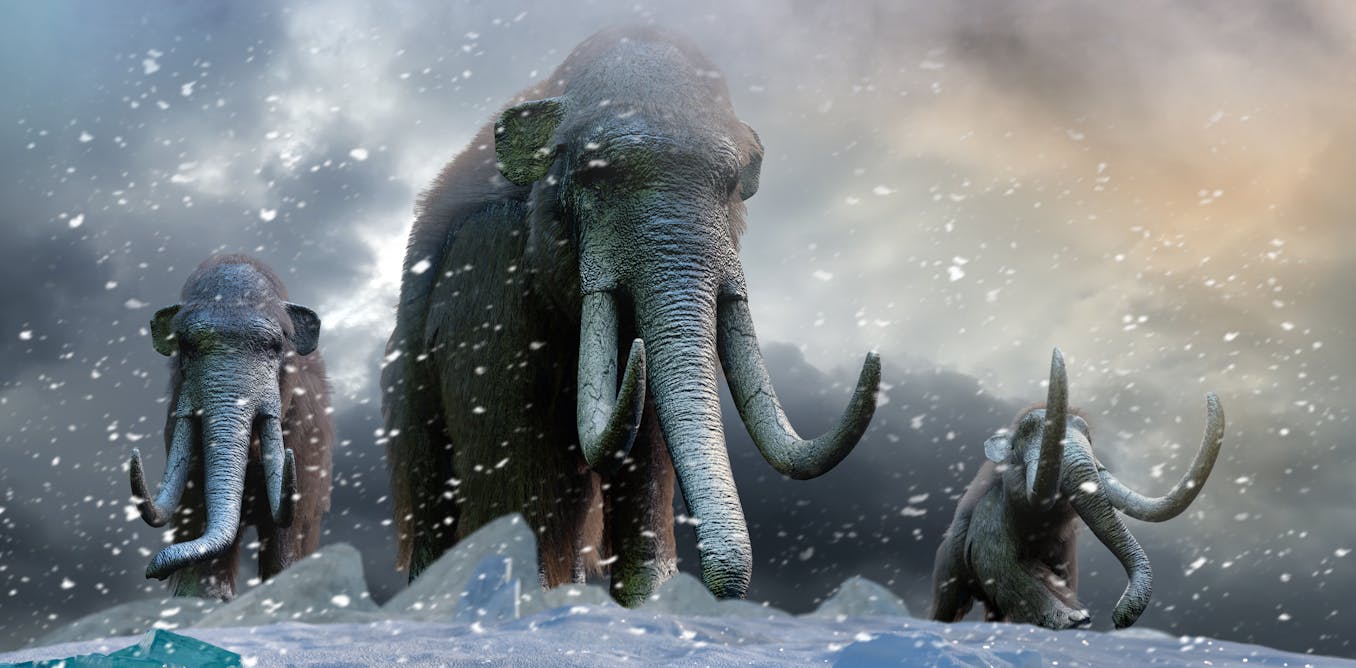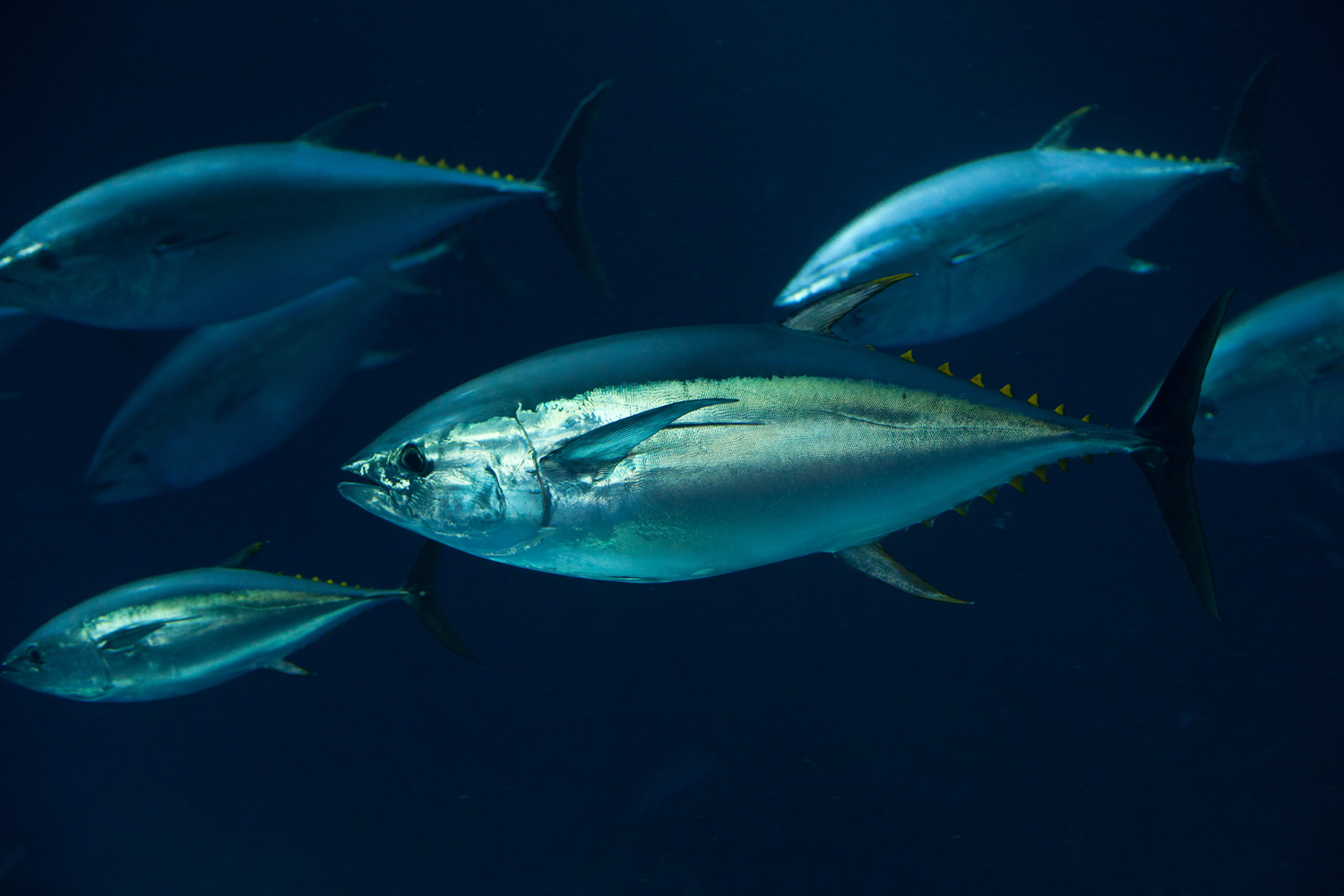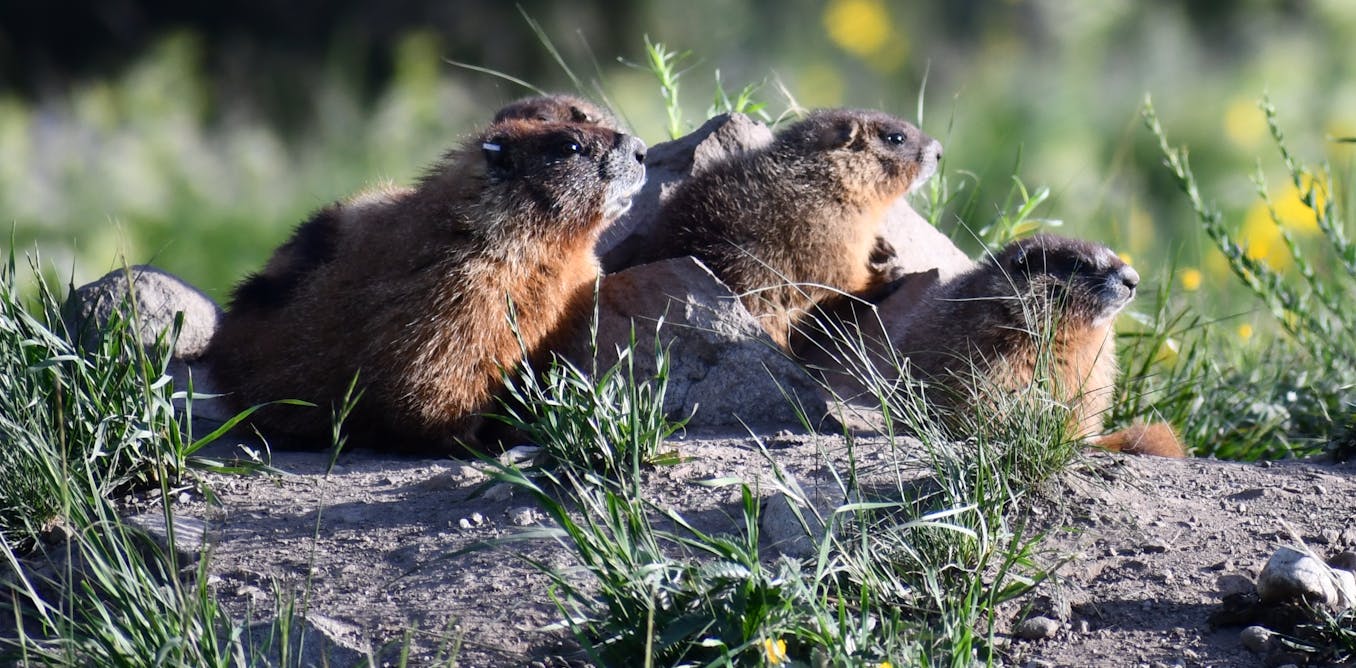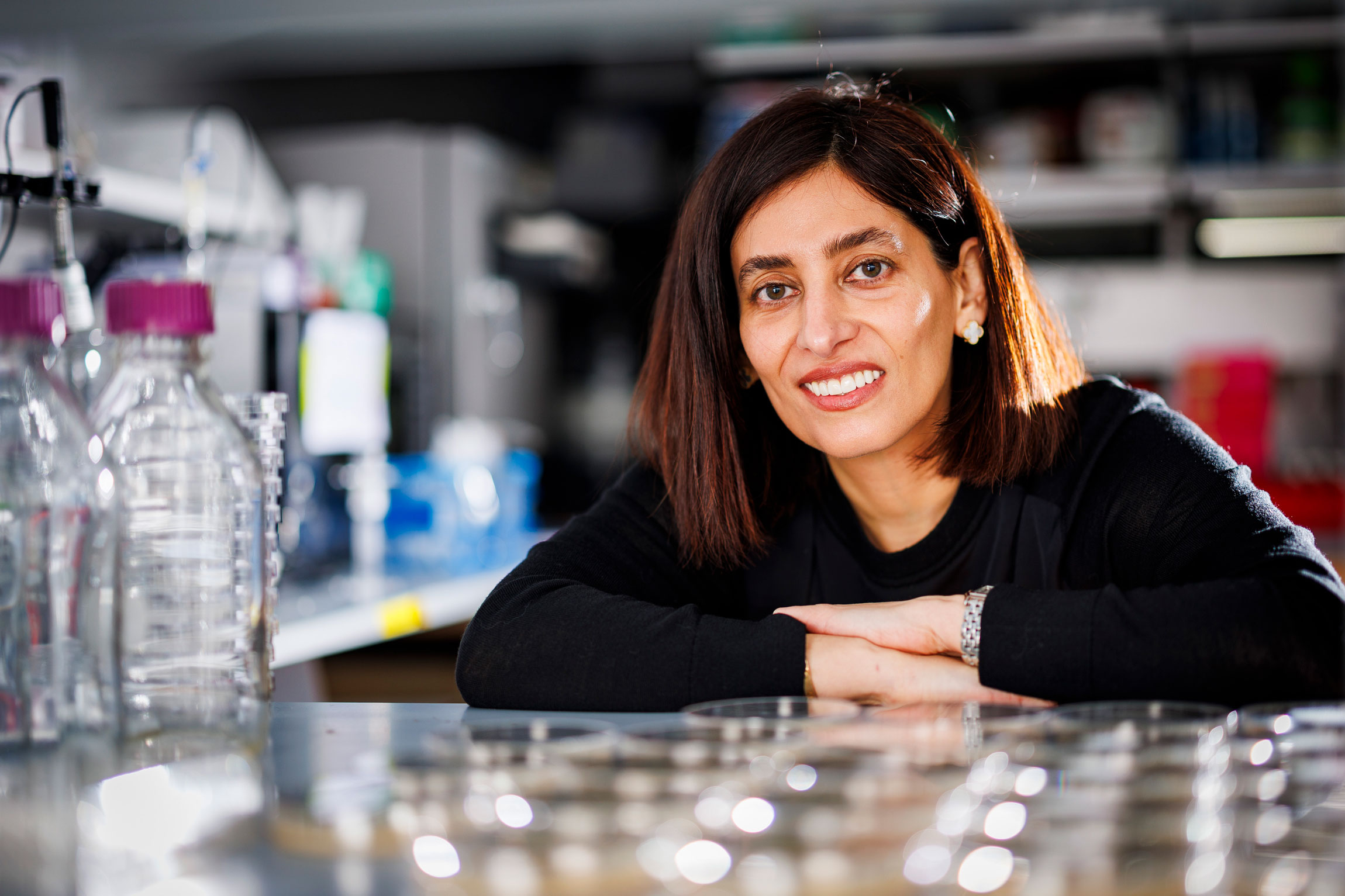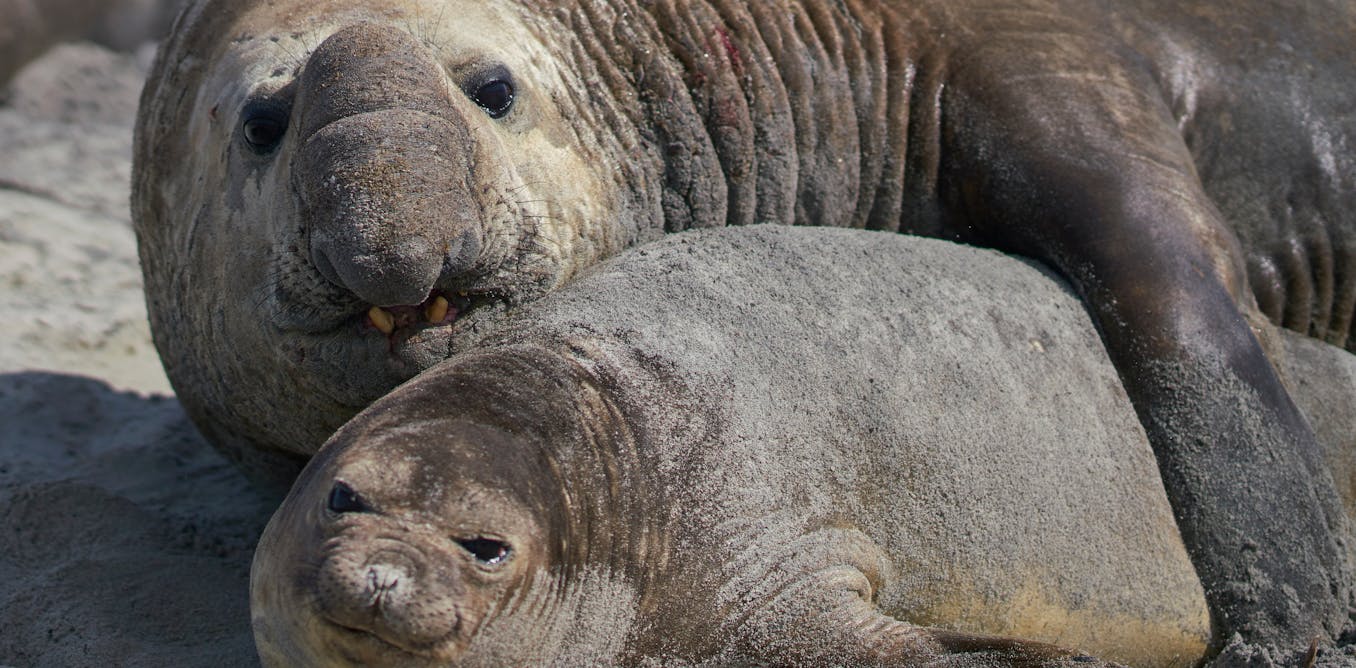Alcohol causes cancer, and less than 1 drink can increase your risk − a cancer biologist explains how
Alcohol is the third-leading preventable cause of cancer in the US, accounting for tens of thousands of cancer deaths per year.
Pranoti Mandrekar, Professor of Medicine, UMass Chan Medical School •
conversation
April 7, 2025 • ~7 min
April 7, 2025 • ~7 min
Wild marmots’ social networks reveal controversial evolutionary theory in action
Multilevel selection is a controversial concept originally proposed by Darwin. A new study found evidence for it in the wild in a group of marmots scientists have been observing for more than 60 years.
Daniel T. Blumstein, Professor of Ecology and Evolutionary Biology, Institute of the Environment and Sustainability, University of California, Los Angeles •
conversation
March 27, 2025 • ~9 min
March 27, 2025 • ~9 min
Atlantic sturgeon were fished almost to extinction − ancient DNA reveals how Chesapeake Bay population changed over centuries
Research that combined archaeology, history and ecology provides a nuanced understanding of the past that could help conservationists better plan for the future.
Logan Kistler, Curator of Archaeobotany and Archaeogenomics, National Museum of Natural History, Smithsonian Institution
• conversation
March 20, 2025 • ~11 min
March 20, 2025 • ~11 min
/
138

